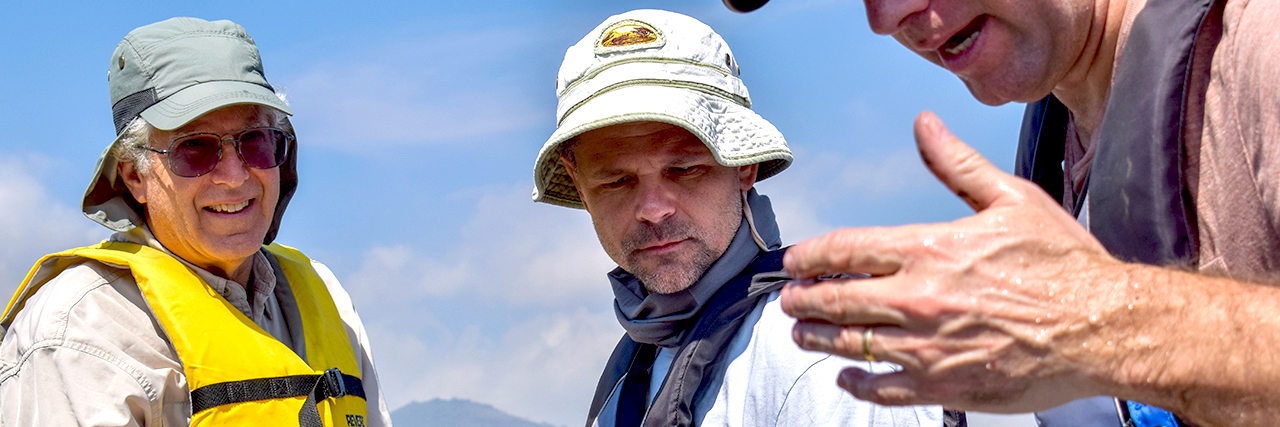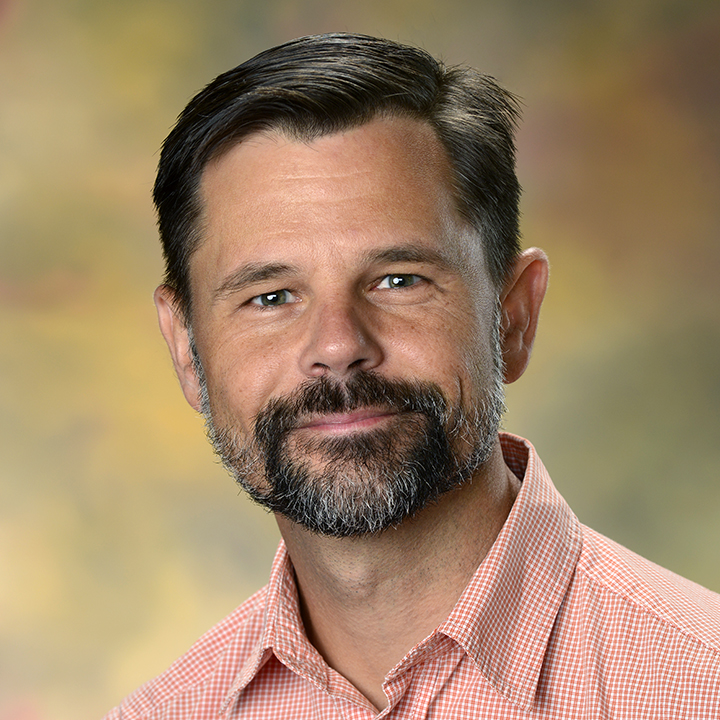

Matthew Waters
Associate Professor (Paleolimnology, Environmental Science)
Crop, Soil & Environmental Sciences
(334) 844-3950
mwaters@auburn.edu
Get In Touch
Address:
250 Funchess Hall
Auburn Univ, AL 36849
Biography
EDUCATION
- Ph.D., Environmental Sciences, UNC-Chapel Hill (2007)
- M.S., Aquatic Sciences, University of Florida (2000)
- B.S., Environmental Science, Mercer University (1997)
PROFESSIONAL EXPERIENCE
- Assistant Professor, Department of Crop, Soil and Environmental Sciences, Auburn University (2016-present)
- Associate Professor, Department of Biology, Valdosta State University (2014-2016)
- Assistant Professor, Department of Biology, Valdosta State University (2010-2014)
- Assistant Professor, Department of Natural Sciences, Shorter University (2008-2010)
- Postdoctoral Research Fellow, University of South Florida (2007-2008)
HONORS & AWARDS
- 2015 Graduate Faculty of the Year Award — Valdosta State University (2015)
- Research Faculty of the Year Award (finalist) — Valdosta State University (2014)
- Teacher of the Year — First Presbyterian Day School (2007)
PROFESSIONAL AFFILIATIONS
- Association for the Sciences of Limnology and Oceanography
- International Paleolimnology Association
- North American Lake Management Society
- The International Society of Limnology
- National Speleological Society
Research
RESEARCH ACTIVITIES
My lab focuses on reconstructing paleoenvironments using paleolimnological techniques in order to understand how ecosystems changed in the past and to more effectively manage for the future. We collect sediment cores from lakes and reservoirs to document the materials entering these systems (nutrients, metals, charcoal, pollen) as well as the responses of the primary producer community (algae, cyanobacteria, macrophytes). Projects focus on large scale ecosystem change (eutrophication, HABs, brownification, siltation, alt-ecosystem states) from human, climate and other environmental impacts. Recently, we have also started investigating guano cores from caves to reconstruct paleoenvironments of bat communities.
Courses
COURSES TAUGHT
- Soils and Environmental Quality
- Climate Change Impacts
- Paleolimnology
- Stream Ecology
- Limnology
- Environmental Science
Publications
SELECT PUBLICATIONS
- Patrick, C. H., M. N. Waters and S. W. Golladay. Accepted. The distribution and ecological role of Corbicula fluminea in a large and shallow reservoir. Bioinvasions Records.
- Campbell, J. W., M. N. Waters and F Rich. Online First. Guano core evidence of paleoenvironmental change and Woodland Indian inhabitance in Fern Cave, Alabama, USA, from the mid-Holocene to present. Boreas DOI: 10.1111/bor.12228.ISSN0300-9483
- Bielmyer-Fraser, G. K., M. N. Waters, C. G. Duckworth, P. P. Patel, B. C. Webster et al. Online First. Assessment of metal contamination in the biota of four rivers experiencing varying degrees of human impact. Environmental Monitoring and Assessment DOI: 10.1007/s10661-016-5738-9
- Waters, M. N. 2016. A 4,700-year history of cyanobacteria toxin production in a shallow subtropical lake. Ecosystems 19:426-436. DOI: 10.1007/s10021-015-9943-0
- Waters, M. N., C. L. Schelske, and M. Brenner. 2015. Cyanobacterial dynamics in shallow Lake Apopka (Florida, U.S.A.) before and after the shift from a macrophyte-dominated to a phytoplankton-dominated state. Freshwater Biology 60:1571-1580. doi:10.1111/fwb.12589
- Waters, M. N., S. W. Golladay, C. H. Patrick, J. M. Smoak, and S. D. Shivers. 2015. The potential effects of river regulation and watershed land use on sediment characteristics and lake primary producers in a large reservoir. Hydrobiologia 749: 15-30. DOI: 10.1007/s10750-014-2142-8
